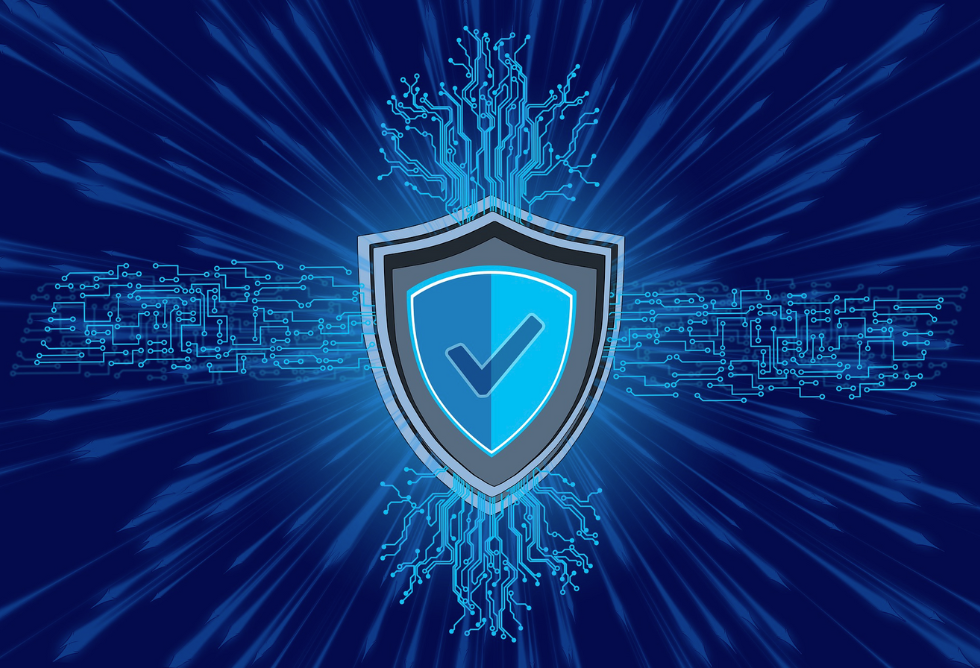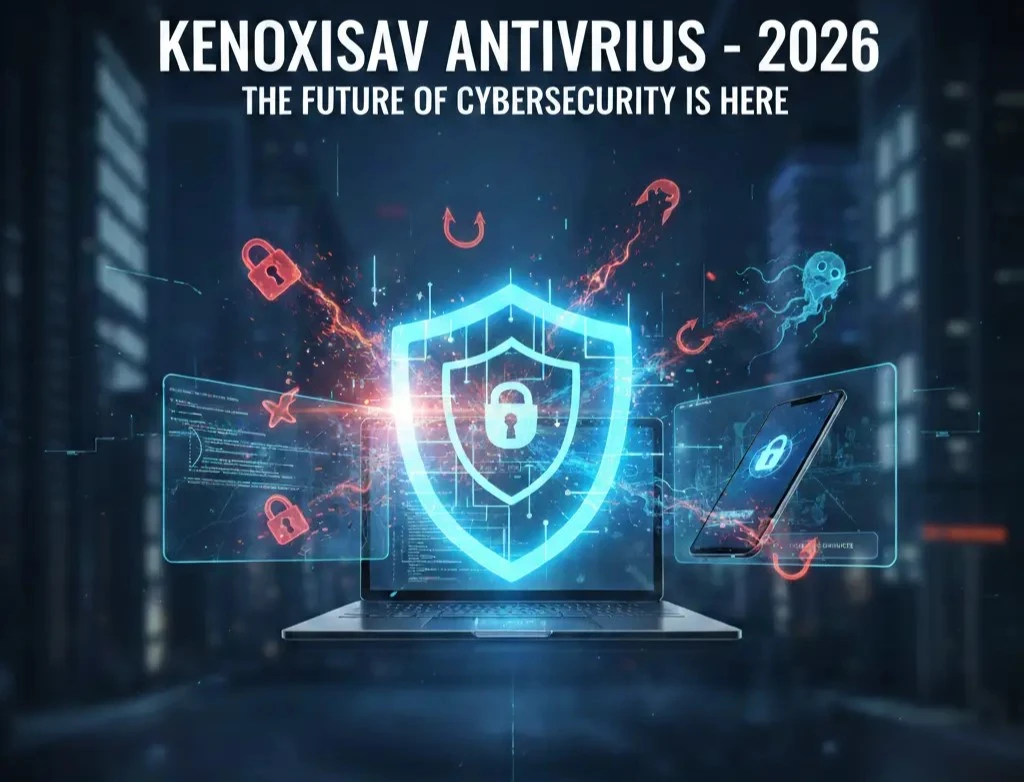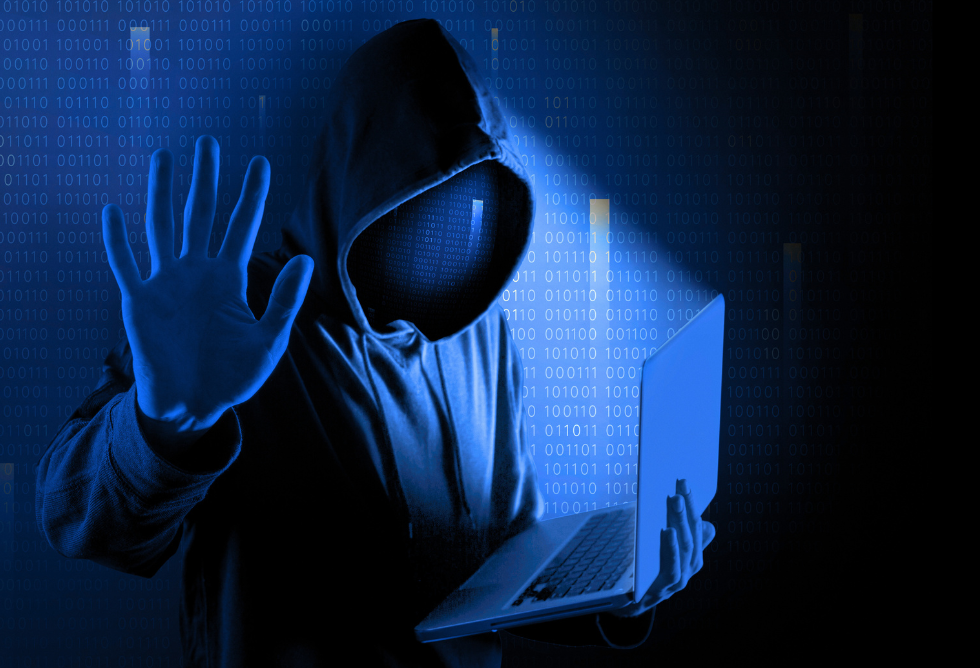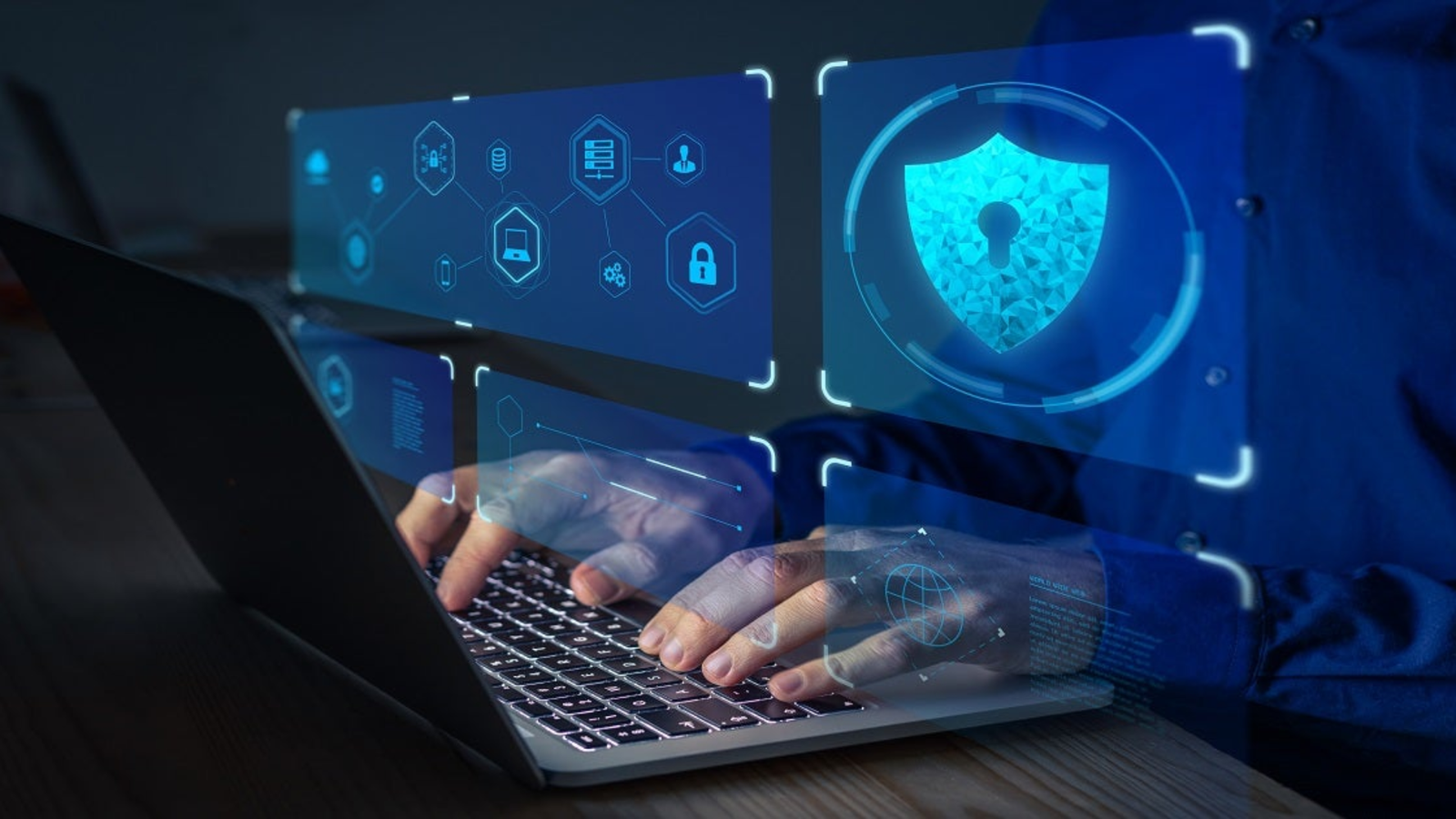5 Common Cybersecurity Myths You Should Stop Believing
Kenoxisav | 15 Nov 2025

Cybersecurity myths are one of the biggest reasons people stay unprotected online. In today’s digital world, we depend on the internet for banking, social media, shopping, work, and communication, but these cybersecurity myths and misconceptions create a false sense of safety. As cyberattacks grow each year, understanding the top 5 myths about cybersecurity becomes essential for every user. By clearing these common cybersecurity myths, you can protect your data, privacy, and devices far more effectively.
Also, a lot of people still follow unsafe habits just because they believe these myths.
This article aims to clear up those cybersecurity myths and misconceptions, show what’s actually true about the top five myths, and give simple advice to stay safe.
What Are Cybersecurity Myths and Misconceptions?
Sounds fancy, but it’s really just wrong ideas that make you feel safe when you aren’t.
Put simply, these are wrong beliefs about online safety that make people think they’re protected when they’re not. It is discussed that such beliefs lead people to take risks, be less cautious and use the unfounded notion of hacking, phishing scams, malware, ransomware, and identity theft among others, thus not counting those as threats.
Spotting these misconceptions is the first real step to staying safe online.
Myth 1: “I’m not important enough to be hacked.”
This myth probably ranks the highest in the list of cybersecurity myths. The majority believe that the hackers' main interest is the wealth people or big corporations.
The truth is most attacks are automated. Hackers run programs that scan the web looking for weak spots—weak passwords, old software, open Wi-Fi—so it’s not personal, it’s opportunistic.
- Weak or reused passwords
- Unprotected devices
- Outdated software
- Unsafe Wi-Fi networks
If your device is vulnerable, you become an easy target.
Your personal data such as emails, passwords, banking information, and social media accounts holds real value. Hackers can sell it or use it for fraud.
Truth: Everyone is a target because everyone has data worth stealing.
Myth 2: “A strong password is enough.”
A strong password is necessary, but it’s not the whole story. Even a great password can leak or be grabbed by a phishing site or malware.
Passwords can be revealed through:
- Data breaches
- Phishing
- Imposter login sites
- Malware and software that captures keystrokes
- Public Wi-Fi attacks
So, use layers. Passwords + 2FA + a password manager = much better protection.
In order to maintain security, you have to:
- Create separate passwords for every account
- Turn on 2-factor authentication (2FA)
- Select a trustworthy password manager
Truth: A good password is not enough; you need multiple layers for the security of your data against fires and floods.
Myth 3: “Antivirus software is outdated.”
People generally do think that antivirus software is no longer effective, which is a on top of that another common cybersecurity myth.
Modern What is an antivirus and do you really need one has a lot more to offer than just old virus detection. It also acts as a gatekeeper against:
- Ransomware
- Spyware
- Phishing
- Malware
- Websites that are not safe
- Identity theft
Antivirus creates a virtual barrier around your system. Even though its not 100% effective, it still cuts down the chance of getting hacked considerably.
Truth: It is essential to have antivirus software as the first line of defense; it, however, needs to be effective with good online behavior.
Myth 4: “Cybersecurity is the IT team’s responsibility.”
This myth ranks among the top five myths related to cybersecurity, especially in the corporate environment.
It is a common perception that only the IT sector is responsible for the safety of the cyberspace.
In fact, cybersecurity is a mutual responsibility in the truest sense. One careless action of an employee might compromise the whole organization.
Everyone should:
- Be cautious of dubious emails
- Do not visit unknown websites
- Adopt strong passwords
- Keep their devices updated
- Be careful with data
Truth: Every employee plays a part in cybersecurity. Safe practices should be followed by all.
Myth 5: “Macs and cellphones don’t get viruses.”
This is a very misleading myth in the area of cybersecurity. Most people think that malware cannot affect Macs, iPhones, and other smartphones.
Hackers now go after:
- iPhones
- Android phones
- MacBooks
- Tablets
- Smart Home Devices
So yes, even your phone needs protection.
The number of mobile threats is increasing at a fast rate. The most considerable risks include:
- Fake apps
- Malicious downloads
- Phishing links
- Public Wi-Fi attacks
- Spyware that monitors user's activities
Fact: All devices, even smartphones and Macs, can be hacked.
How to Protect Yourself from Cyber Threats
Below are some preventive measures, that you can take, to protect yourself:
- Regularly update your devices and applications.
- Install antivirus software from a reputable source.
- Activate two-factor authentication for all accounts that are important to you.
- Keep your data backed up on the cloud or on external hard drives.
- Do not click on unfamiliar links or open attachments.
- Acquire the skill to spot phishing emails and scams.
If you have small online safety habits, then you will be at least protected from major cyber risks.
Conclusion
Stop trusting those old cybersecurity myths. Update, use 2FA, and keep basic habits. It’s not about being paranoid — it’s about not getting surprised. Tell a friend what you learned.
You can start by not believing in the most common cybersecurity myths, keeping antivirus protection active, using two-factor authentication, and updating your devices. Being knowledgeable, you will be able to protect your data, privacy, and digital identity in a more efficient manner.
Cybersecurity is not a matter of fear. It is a matter of keeping yourself aware, ready, and responsible.


.png)


.png)

.png)

.png)